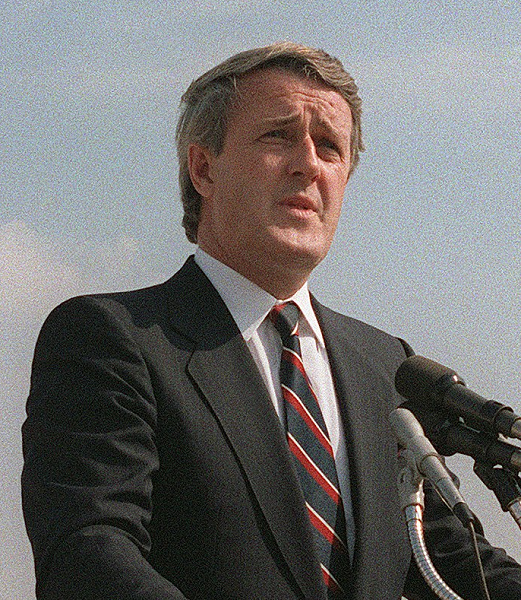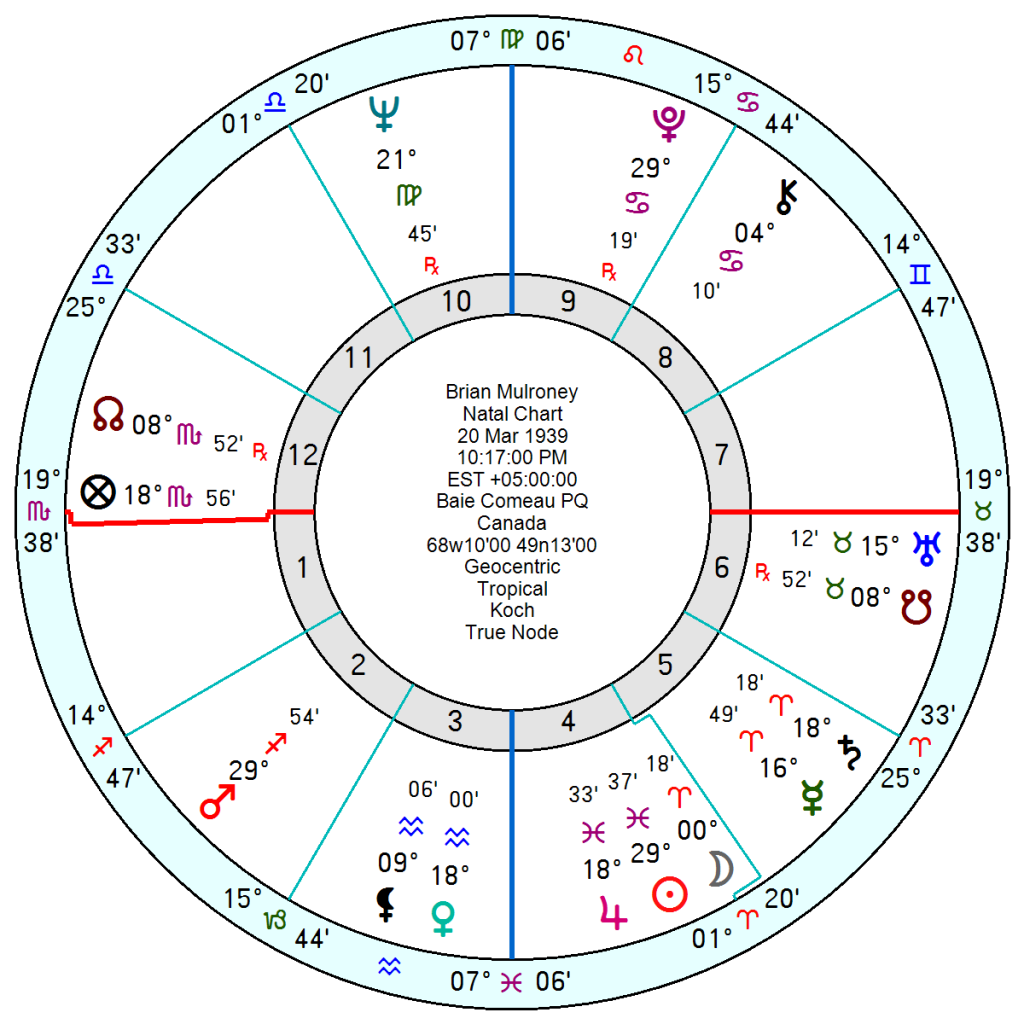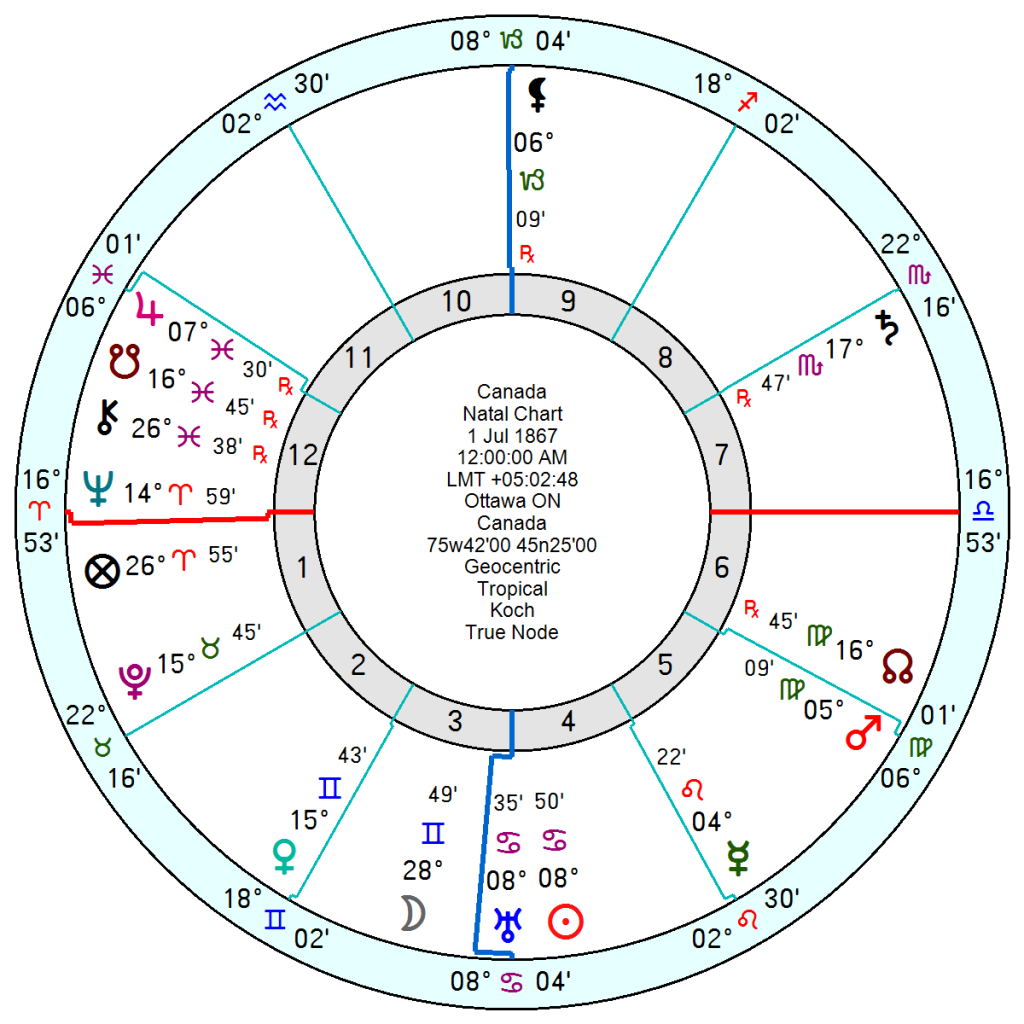


Brian Mulroney, the former prime minister of Canada was the most popular went he won in 1984 and the least popular when he exited in 1993 in a defeat of historic proportions.
One obituary described him as “a complicated figure. He had an easy charm, combined with square-jawed good looks and abundant confidence, but his many enemies considered him smooth, showy, manipulative and self-regarding. He left office reviled, and was subsequently revealed to have accepted envelopes stuffed with cash from an arms lobbyist, but over time his achievements as prime minister gained a wider appreciation.”
He was unable to solve the Quebec separatist issue but he helped Canada to gain prominence on the international scene, having close friendships with Reagan and G HW Bush. He secured a free trade agreement with the USA, reformed Canada’s tax regime which reaped long-term dividends and did safeguard Canada’s natural environment. He made an unexpected comeback from retirement when Justin Trudeau, sought his help in dealing with President Trump.
Born 20 March 1939 10.17 pm Baie Comeau, PQ, Canada, he had a 4th house Pisces Sun trine a persuasive 9th house Pluto and square a money-oriented Mars in his 2nd. His Sun was also opposition Neptune in his 10th which might have been slippery but would also have given him a sense which way the wind was blowing on certain issues.
His crossovers with Canada are mixed. Both have Jupiter in Pisces. Both have heavily 4th house charts, keen on domestic issues and nature. But his Mercury and Saturn in Aries was conjunct the Canada Neptune Ascendant which would give rise to doubt and suspicion. His Ascendant was conjunct the Canada Saturn which would put a damper on his image. And his Uranus in Taurus collided with Canada’s Pluto in Taurus opposition Saturn – his instinct would be for reform, to shake up moribund situations which would not always go down well.

Brian Mulroney and his Progressive Conservative party’s record for most House of Commons seats won — 211 out of 282 — as a result of the PC victory in Canada’s General Election of September 4, 1984 was not so much a ringing endorsement of Mulroney as it was a repudiation of Pierre Trudeau and Trudeau’s successor, John Turner. Pierre Trudeau’s government was responsible for runaway inflation and the highest Bank of Government interest rate in history, 22.75% in August 1981. Mulroney’s governments ran deficits, but only because the Trudeau government was spending borrowed money like a drunken sailor and borrowing at high interest, and that money had to be repaid. Profligate spending was not the reason for the deficits. Mulroney’s governments tended to spend only what was being brought in as revenue, and money was well spent on defence at the tail end of the Cold War and on the environment as new national parks were created.
Mulroney’s greatest successes were on the international stage. He may not have convinced U.S. President Ronald Reagan on the necessity of imposing sanctions against apartheid era South Africa — it took a congressional override of Reagan’s initial veto to pass the Comprehensive Anti-Apartheid Act of 1986– but Mulroney and the late Prime Minister Bob Hawke of Australia were instrumental in standing up to Margaret Thatcher on the issue of sanctions at the 1986 Commonwealth Conference in Vancouver, leading the Commonwealth’s members to boycott foreign investment in apartheid-era South Africa.
Mulroney would have better luck with Reagan on getting the American government to sign a treaty on acid rain that would cut American emissions of pollutants, and in negotiating the Canada-U.S, Free Trade Agreement that was signed in early 1989 following Mulroney’s re-election with a reduced majority government after the General Election of November 21, 1988 that saw the Progressive Conservatives take 169 out of 295 seats in the House of Commons.
Other notable foreign policy accomplishments of Mulroney’s include Canada’s growing role and presence in La Francophonie, and helping to build the American-led coalition that liberated Kuwait from Iraqi occupation in 1991’s Persian Gulf War. Canada contributed fighter jets, navy ships and a field hospital to Operation Desert Storm. No Canadians suffered caualties.
With all due respect to Cathy’s comment above that Mulroney is responsible for the North American Free Trade Agreement, the fact remains that it was the Liberal Prime Minister, Jean Chretien, who signed the deal in January 1994 despite having campaigned against the deal in the campaign prior to the October 25, 1993 General Election that reduced the Progressive Conservative Party led ny Mulroney’s successor, Prime Minister Kim Campbell, to just 2 seats in the House of Commons.
John and Cathy
Thank you for a comprehensive resummé of Canada’s recent history, it was thought of as the land of plenty, but it is obvious that it has not escaped the world trends reflected by the generational planets, it will be intriguing to see how some countries, cope with theses shifts. From comments here it would appear that Denmark and possibly Finland are better prepared than most. Bearing in mind Mulroney’s stance over South Africa it may be worth suggesting that investment in South Africa would be a good thing, it may just begin to tip the scales in its favor, perhaps when the nodes move to Aries/Libra a combination of leadership and fairness.
Brian Mulroney is responsible for the North American Free Trade Agreement (NAFTA) which was a disaster for Canada. In the early 1990s, Canada lost 350,000 manufacturing jobs. The 1990-1996 post-NAFTA Depression was the worst since the 1930s. Making the misery of unemployment and underemployment of that time worse was that Mulroney’s government actually increased immigration to massive levels — possibly to hide plunging GDP — but it pitted newcomers against existing Canadians for inadequate numbers of jobs. And if you criticised this harmfulness, you were deemed racist-racist-racist because three-quarters of the people pouring in were of colour. (This was because Pierre Trudeau’s government secretly discriminated against British immigrants — the largest ethnic group of the largest racial group in Canada — in the early 1980s.) By the time of his Conservatives’ defeat, more Canadians believed that Elvis was still alive than supported Mulroney’s government. Unfortunately, Jean Chretien’s Liberals promised to continue massive immigration “unhinged from the state of the economy” as one journalist put it for decades more. Until Justin Trudeau’s government decided to go for ultra-massive immigration (including temporary foreign workers and international students and spouses) beginning in the Covid economy of 2021 and regardless of the huge, negative impact on inadequate amounts of housing which his own civil servants warned about. Canada not only has a housing crisis — with 300,000 homeless people — but a health care crisis, zero planning for needed additional infrastructure, zero planning for our soon super-aging population and zero recognition that adding significantly to our carbon footprint by imported population growth fuels global warming. The big difference in 30 years is that countless immigrants of colour are deeply opposed to “the most generous immigration policies in the world” and they can’t be silenced with accusations of racism. They are my hope for Canada’s future.
I just remember him Andre, sounds like he did some good things while Canada PM.
He was probably corrupt, still a good PM, certainly the most liked in Québec because he tried to address its constitutional grievances. His failure brought the close call of the 1995 referendum on independence: the result was 50.5 to 49.5%. The separatist Parti Quebecois is now favoured to win the next provincial election in 2026. Canadians may yet rue the day they rejected Mulroney’s ideas. On another note, I was struck by the statement of the President of South Africa honouring him for his support for Nelson Mandela against Margaret Thatcher (with the probable discreet support of the Queen). His personal friendship with a doubtful Ronald Reagan, who was close to Thatcher, allowed him to say: ”Ron, the South African government are Nazis. We need to be on the right side of history.” He was also influential with Mitterrand, Kohl at the time of the fall of the Berlin Wall, Bush Sr. and even Gorbatchev. It was a time when Canada punched above its weight, which under the mediocre Justin Trudeau, who is deservedly 20 points behind in the polls, it does no longer.